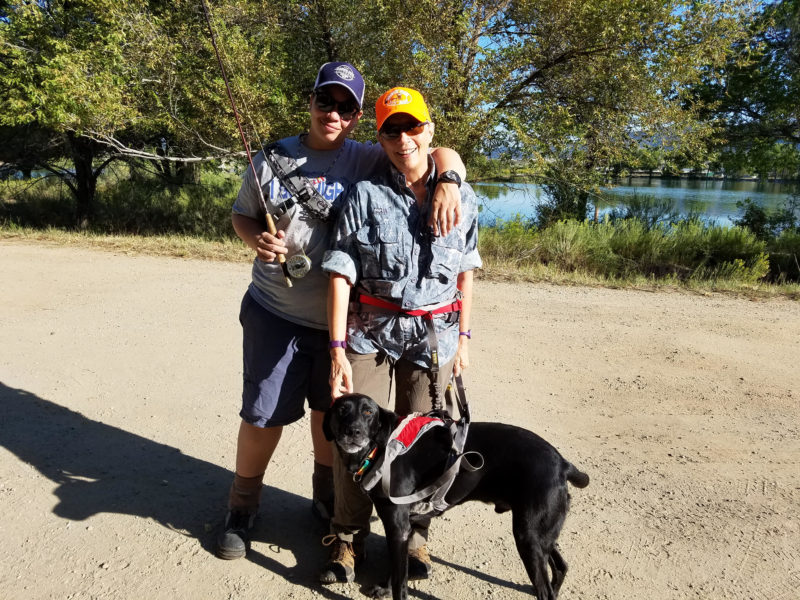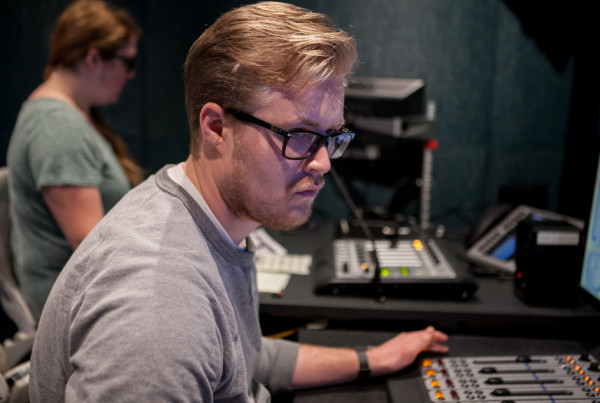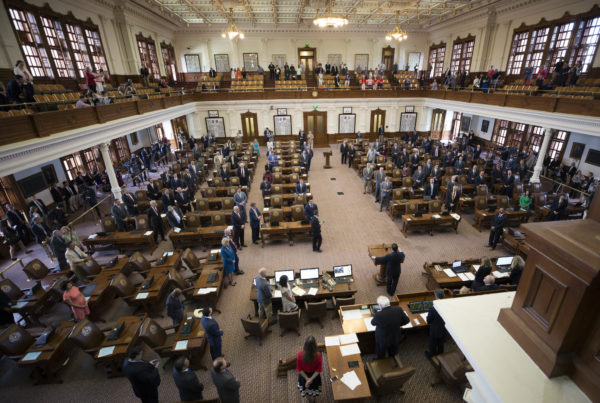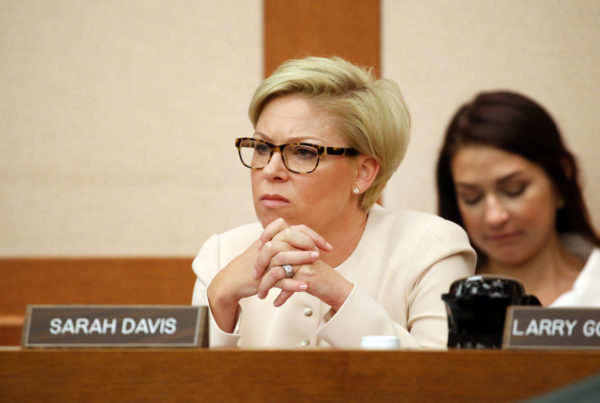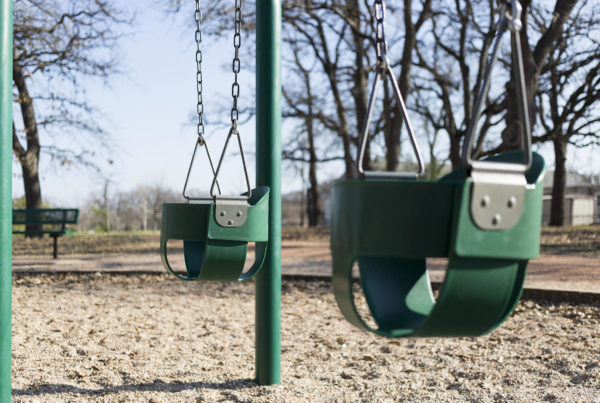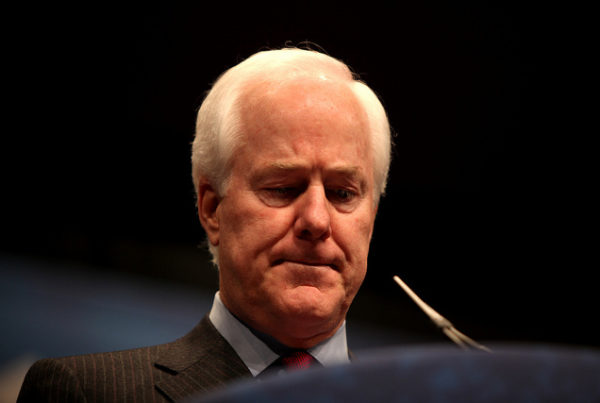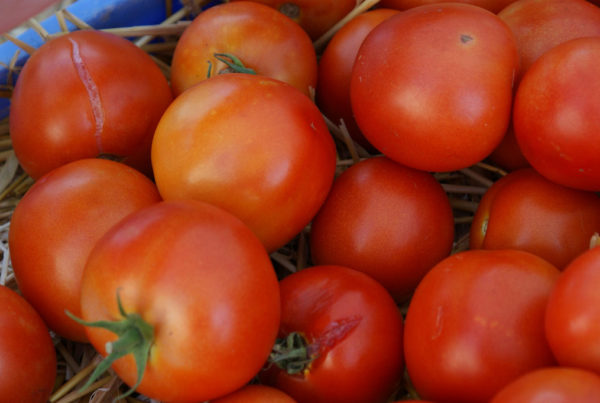A 2016 Gallup poll found just over 4 percent of American adults identify as lesbian, gay, bisexual or transgender – LGBT. The National Gay and Lesbian Taskforce believes that number should actually be closer to 10 percent, though. That’s because the taskforce says highly vulnerable communities like people of color and immigrants often don’t come out, even just for statistical purposes.
Coming out is not always easy. It wasn’t easy for the Duke family.
“My memory is being woken up in the middle of the night with her standing over me and crying,” Janet Duke says.
She’s talking about the night her daughter Johanna revealed she was gay. Johanna was 13.
“I remember I reached up and took her hand and said ‘What’s the matter?’ And she said ‘I’m afraid I’m going to hurt myself.’ So, that will wake you up in the middle of the night.”
Janet remembers Johanna was shaking. She couldn’t talk. When she was finally able to speak, she had a question for her mom.
“‘Will you always love me?’ And she said that more than once,” Janet says.
The answer was yes, but Johanna needed to hear it.
“Like, I knew in the back of my mind,” Johanna says. “Do you ever know something in the back of your mind but you just need affirmation?”
At school, Johanna was being bullied – pushed, shoved, called names. She was allowed to eat in the school’s library instead of the cafeteria for her safety. She felt coming out to her parents gave her protection.
Janet says it wasn’t easy for anyone by any means but it was for the best.
“It sounds to me almost as though she’s drowning in this world and she has one life jacket and I think in a way she needed that life jacket to be us,” she says.
Of course, not everyone’s experience is like the Dukes’.
Earlier this month, a man in Nevada shot his 14-year-old son to death, reportedly because the teen was gay. That Nevada family is black – one of the highly at-risk groups identified by the National Gay and Lesbian Taskforce.
Another highly at risk group is immigrants.
Here in Texas, the family of Juan Figueroa is in that group. Figueroa is hiding his sexuality from his parents.
Even though Figueroa is certain of his parents’ love, he’s also certain that coming out as gay could sever their relationship. He’s certain because two years ago, he tried coming out to his mom. She broke down in tears.
“It was very emotional,” he says.
His mom offered to find him a doctor that could cure him, someone who could snap Figueroa out of what she saw as a phase.
“She was like ‘Oh, no, no puede ser – te puedo llevar al doctor si quieres.’ And I was like ‘No, it’s not a phase, you know? This is who I really am,’” he says. “And she was like ‘No le puedes decir a tu papá.’ You can’t tell your dad. Because my dad is 76 this year and she was like ‘He’s going to have a heart attack if he finds out.’”
So instead of coming out, Figueroa ran away as far as he could. He left his small town nestled between the Texas border with New Mexico and Oklahoma and enrolled at UT Austin, almost 500 miles away from home.
University of Texas Professor Hector Ruvalcaba left Veracruz, Mexico to teach in Austin. He specializes in Queer Studies.
Ruvalcaba says it’s common for LGBTQ young people to flee, either by force or voluntarily. He says there’s a sociological term for that – it’s called a “sexile.”
“They’re fleeing their family, their town, their culture in general,” he says. “You have to renounce to what you are in order to save your life.”
Ruvalcaba say this is particularly true in Hispanic communities where the Catholic faith has been dominant for centuries. Even if a family is not religious, he says the church is part of the cultural identity.
“We are Catholic by culture not by faith,” he says. “This is a very patriarchal, very heteronormative culture. They expect women to be like Virgin Mary. They expect men to be strong, dominant.”
Ruvalcaba says family ties are also strong in these communities.
It’s not unusual for extended families to get together often – not just during holidays.
That’s how Juan Figueroa was reared.
“I talk to my parents every single day like three times a day,” he says.
He never, ever talks about his sexuality or about his feelings, though. He’s never told them he dreams of falling in love with a good Catholic boy and having a big wedding.
After Johanna came out, Janet Duke immersed herself in research. In a way, it was easy for her – she retired from IBM, so research was in her blood. She committed herself to learning how to be the parent Johanna needed.
“I had to support her the way she needed to be supported, not in the way I wanted to do it,” she says.
For instance, Duke remembers she would buy Johanna girly clothes for school as a way to protect her from the bullying. Johanna saw it as an affront, though – as in “you say you accept me but you want me to wear what you want me to wear because that would make things easier for you.” Learning together took years.
Recently, Janet created a website with resources for other LGBTQ families called Strong Family Alliance. Knowing how hard it is for many Hispanic parents to accept their LGBTQ children, she put every resource on the website in Spanish too. Johanna says the website is her mother’s labor of love – and a gift to other parents in hopes that that journey is not as bumpy.
“My takeaway from this is unconditional love and forgiveness because without the two you have nothing really,” she says.


